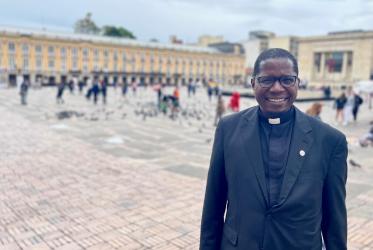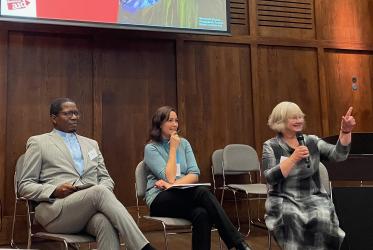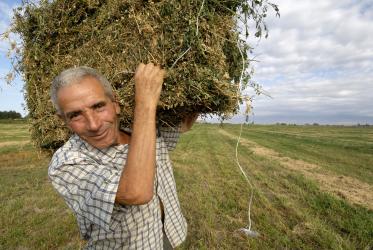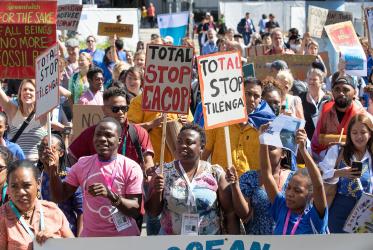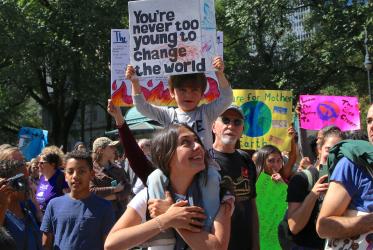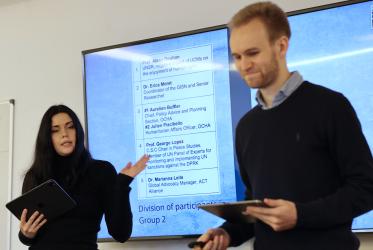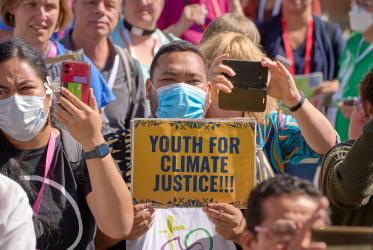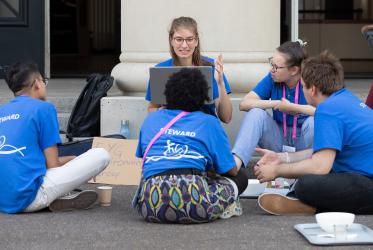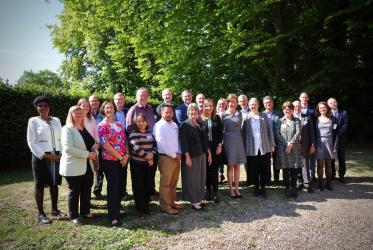Displaying 1 - 20 of 54
WCC president from Europe reflects at Christian Aid assembly
21 November 2023
ACT Alliance general secretary: “equity is not negotiable”
26 September 2023
Pandemic and pedagogy: what are the valuable lessons?
21 December 2022
Ukraine: Responding to humanitarian need
08 September 2022
Youth organize for climate justice
01 September 2022
Called to Transformation - Ecumenical Diakonia
09 June 2022

